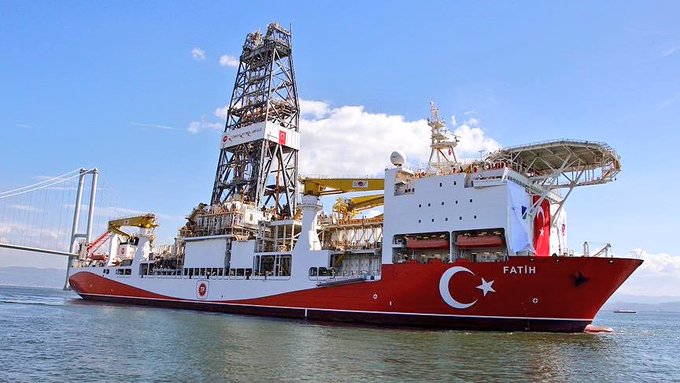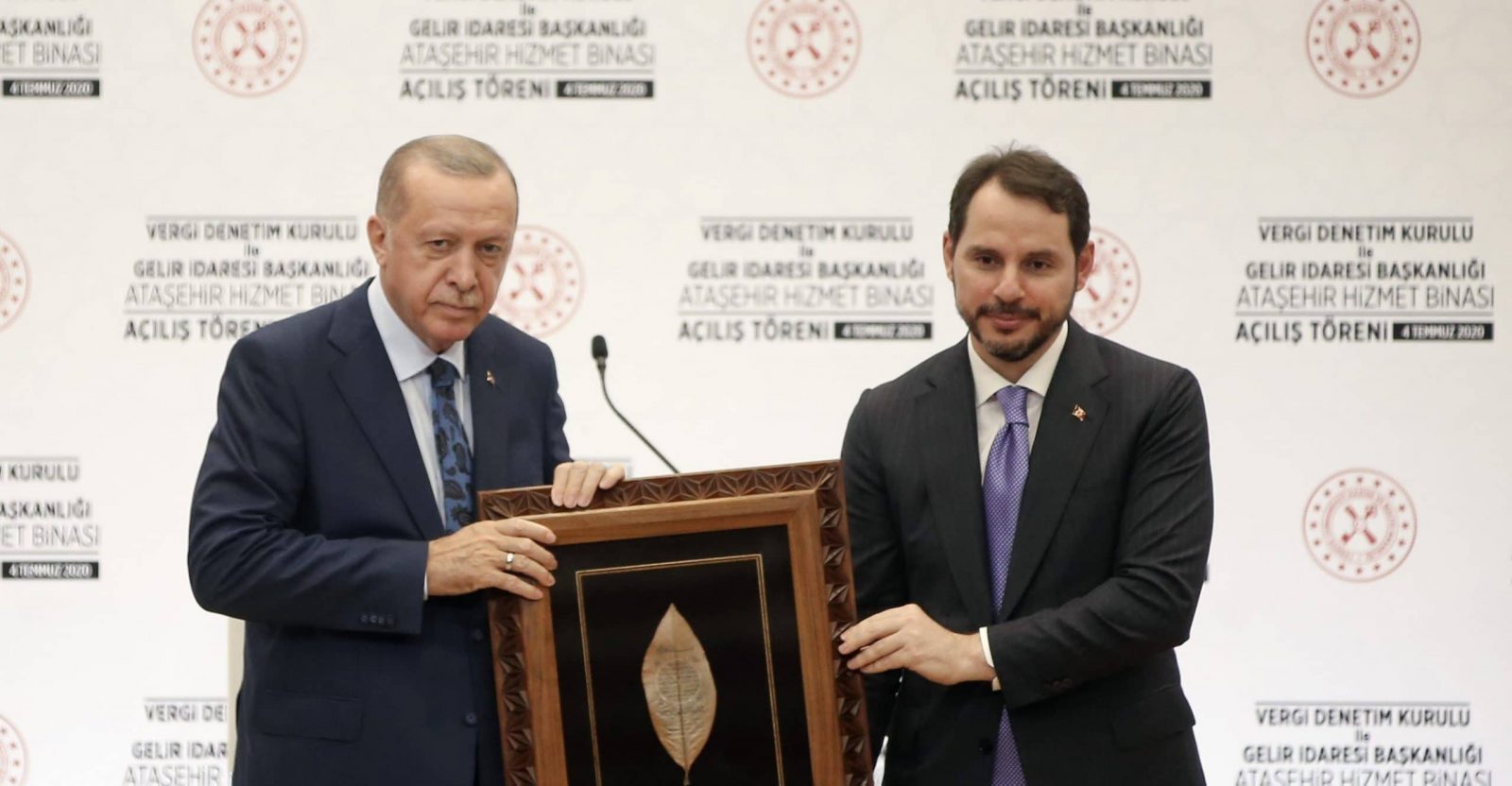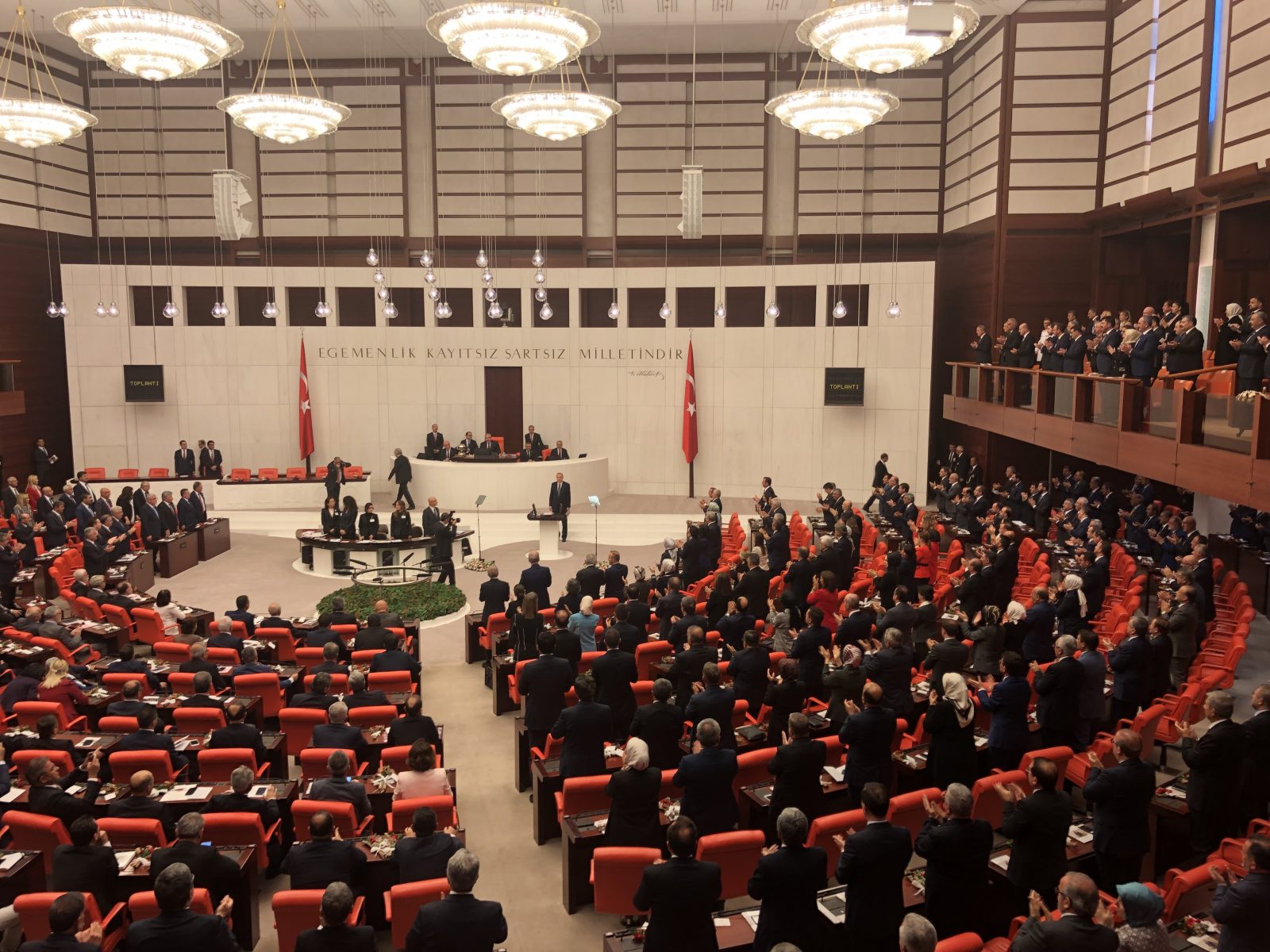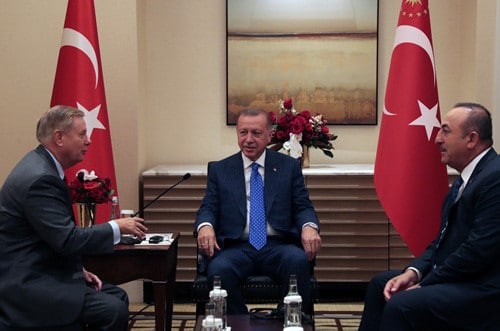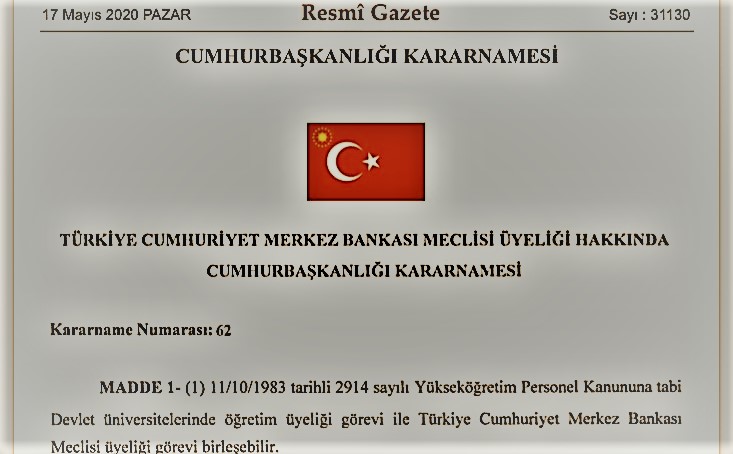Turkish economy: Timely reporting and analysis of economic developments in Turkey with all its structural problems, as one of world’s 20 biggest economies
Turkish President Tayyip Erdoğan announced on Aug. 21 the country’s largest-ever natural gas reserve discovery. Drilling ship Fatih found a natural gas reserve of 320 billion cubic meters in the “Tuna-1” field, close to the exclusive economic zone borders of Romania and Bulgaria, about 175 km northwest off the Turkish coastal town of Karadeniz Ereğli.
Following the exchange rate crisis in August 2018, Turkey is shaken by yet another exchange rate shock. How did we get here, and why? Economists have been discussing these questions for a long while. As we look at the big picture, we could see the widening gap between what should be done and what was
Fatma Betül Sayan Kaya, the former Family Minister of the ruling Justice and Development (AKP) government, is upset. Because she finds the timing of the recent debate on the Istanbul Convention, a Council of Europe initiative to prevent violence against women, rather “noteworthy” under a “historic atmosphere where the chains of Hagia Sophia are broken
The flow of funds fuels the economy. By bringing together the borrower and the lender, financial markets direct savings into the economy. Savings finance production, production generates more income and hence more savings. What enables this circular flow is the payment to the saver. In modern financial systems, the saver receives an interest payment in
There is currently inflation of problems and crises in Turkey. The latest issue is that President Tayyip Erdoğan is calling for a total ban on social media, using a rude series of attacks on his daughter Esra Albayrak as a pretext. In this climate, alarming steps are being taken behind closed doors, from attempting to
I’m neither an economist nor an economy journalist. But as a political journalist trying to do my homework, consult and read the experts on the subject to understand what’s ahead.It’s possible to go into the details, the data; but here, I would like to share with you a summary of what I can see.There is
What US Senator Lindsey Graham said during a video conference on June 24 was perhaps not what Turkish business representatives wanted to hear. But they were clear enough not to create any empty hopes about the future of Turkish-American relations, especially in the field of economy and trade. Nail Olpak, head of Turkey’s Foreign Economic
As I sat down to write this article around noontime on June 22, Halkbank shares seemed to have started off the week with a 6.5{4a62a0b61d095f9fa64ff0aeb2e5f07472fcd403e64dbe9b2a0b309ae33c1dfd} increase. This increase had even reached 8.5{4a62a0b61d095f9fa64ff0aeb2e5f07472fcd403e64dbe9b2a0b309ae33c1dfd} in the morning, sometime after the opening of the Istanbul Stock Exchange. “It’s a big increase for a bank,” said a friend of
The Presidential Decree No. 62, which was signed by Turkish President Tayyip Erdoğan on May 16 and published in the Official Gazette on Sunday, May 17, consisted of a single sentence. The decree stipulated that, those who are appointed to the Bank Council of the Central Bank could keep their teaching posts in the universities,
